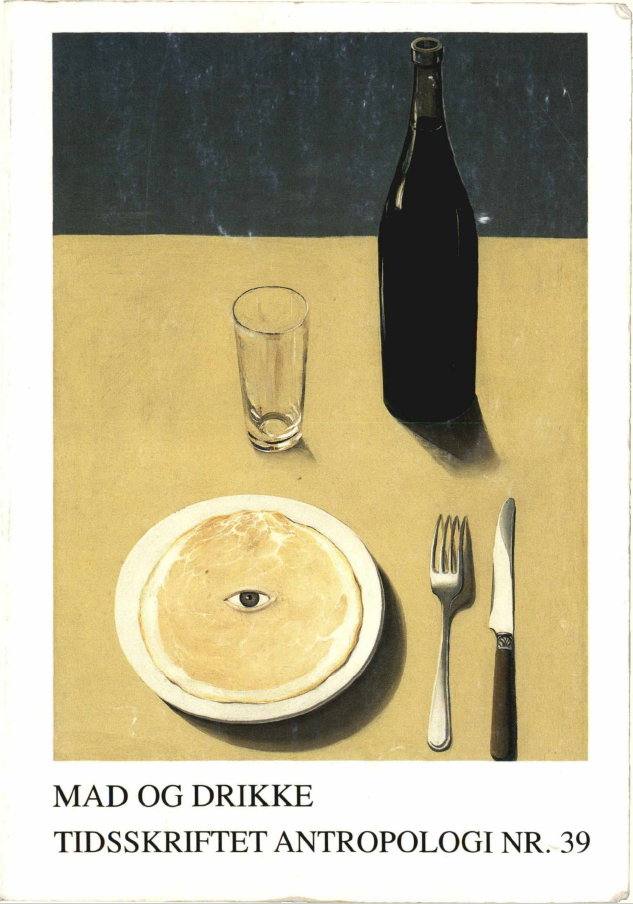EN MAGER HELGENINDES MAGT: Kvindelig mystik i middelalderen og feministiske genfortolkninger
DOI:
https://doi.org/10.7146/ta.v0i39.115174Abstract
Judith Asher: The Power of a Skinny
Saint: Fasting Practices of Medieval
Female Mystics and Feminist Rereadings
In connection to the current Western ideal of
a thin and disciplined female body, historical
252
evidence has been sought of eating disorders
among women prior to medical diagnoses of
anorexia nervosa and bulimia. One of the
first well-documented instances of such
food-related body denial in Western history
is European medieval women saints, who in
the standard church hagiography have been
revered for the “miracle” of surviving on a
negligible intake of food, inedia miraculosa.
This relatively marginal phenomenon has
come to receive surprisingly broad attention;
the “holy anorexics” are now a standard
reference both in feminist scholarship and in
popular women’s literature. Contemporary
feminist interpretations of these saints tend
to encounter a fundamental ambiguity:
whether to pronounce the women mystics
victims of oppression or agents of liberation.
This article describes the self-imposed
starvation regime of medieval mystics with
reference to the idioms of eating and feeding
that informed their socio-historical context.
It then goes on to outline the interpretive
ambiguity current among feminist rereadings
and propose that this uncertainty
points to the inherently contradictory nature
of broad-based social gender definitions.
Downloads
Published
How to Cite
Issue
Section
License
Ophavsretten til artiklerne i Tidsskriftet Antropologi tilfalder forfatteren.
Artikler publiceret i Tidsskriftet Antropologi må citeres, downloades og videresendes for ikke-kommerciel brug, under forudsætning af normal akademisk reference til forfatter(e) samt tidsskrift, årgang, nummer og sider. Artiklerne må kun genudgives med eksplicit tilladelse fra forfatter(e) og tidsskriftet.


